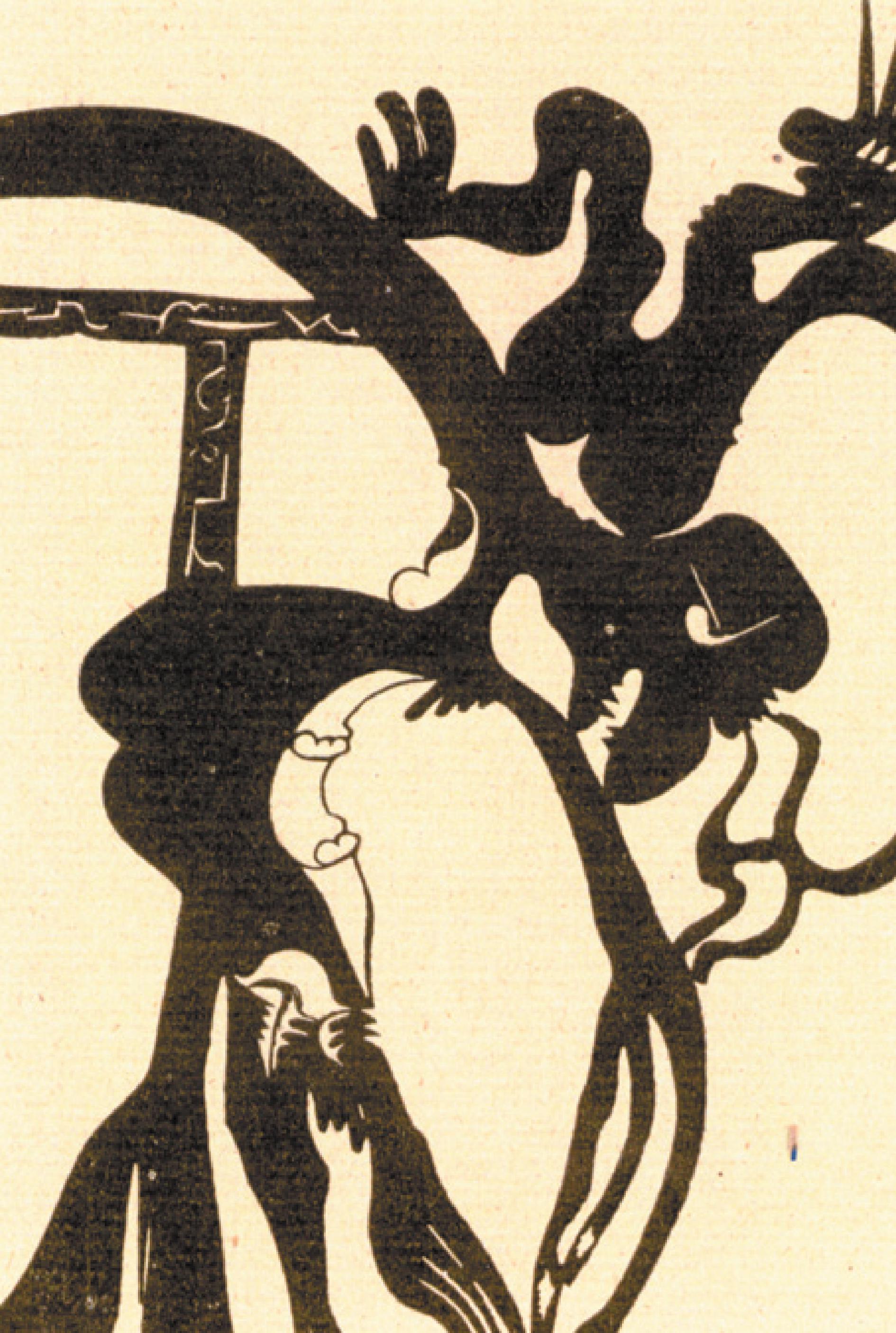Między radykalnym od-graniczeniem a krytycznym dystansem. Dekonstrukcyjne adaptacje mitu w prozie Brunona Schulza
DOI:
https://doi.org/10.26881/sf.2021.17-18.04Abstrakt
Myth forms the central interpretive category for Bruno Schulz’s fiction. The approaches range from ideological appropriations through the Polish messianism, biographical reductions or theological exegeses. In the present article, on the other hand, connections are made to Ernst Cassirer’s Philosophy of Symbolic Forms to show how Schulz adopts in his narratives resounding theorems of modern myth reception. It is argued that the transfer of the concept of myth to the subjective world of his own childhood is linked to questioning of rational models of reality. At the same time, this is differentiated from the assumption that Schulz uses myth in an irrationally transfiguring way: the power of myth is broken by the fact that he consistently relativizes his mythologizing principle and in this way presents himself as a dubious agent of rationalization. This leads to a claim that his reference to myth is not an affirmative adoption of modern mythologization, but it turns out to be a deconstructive play with traditional aesthetic forms, which is systematically geared towards the outsourcing of his fiction from normative categories and, at the same time, reflects the potential danger of mythologization that promises salvation.

 Uniwersyteckie Czasopisma Naukowe
Uniwersyteckie Czasopisma Naukowe





